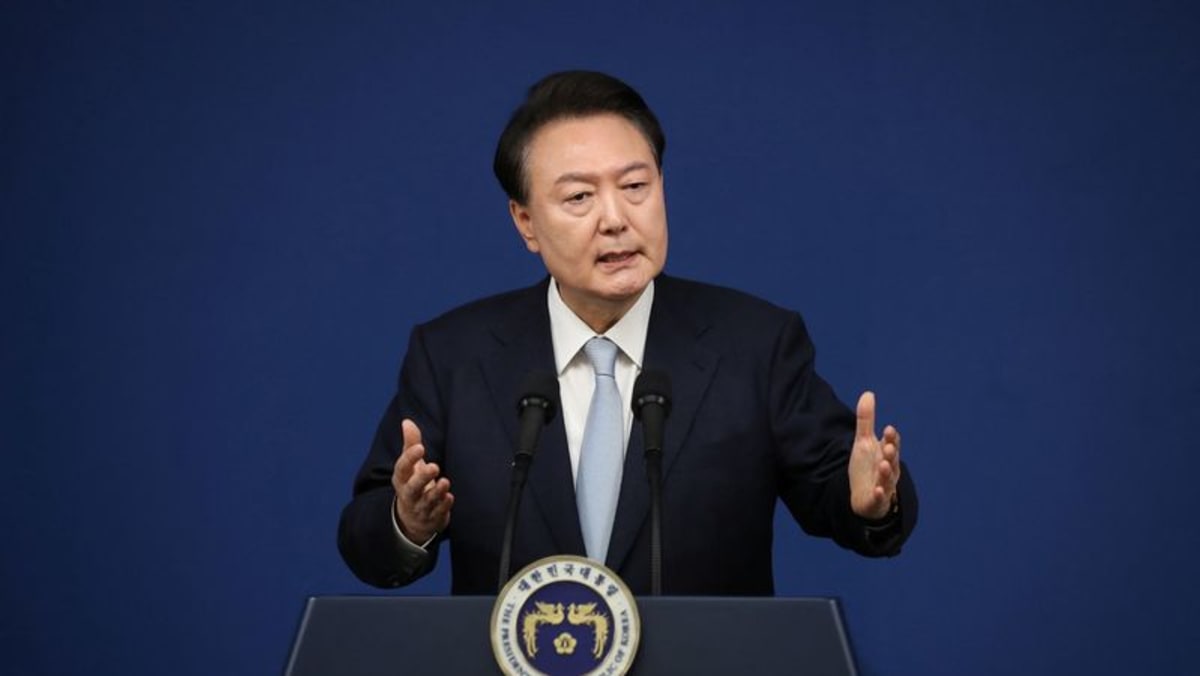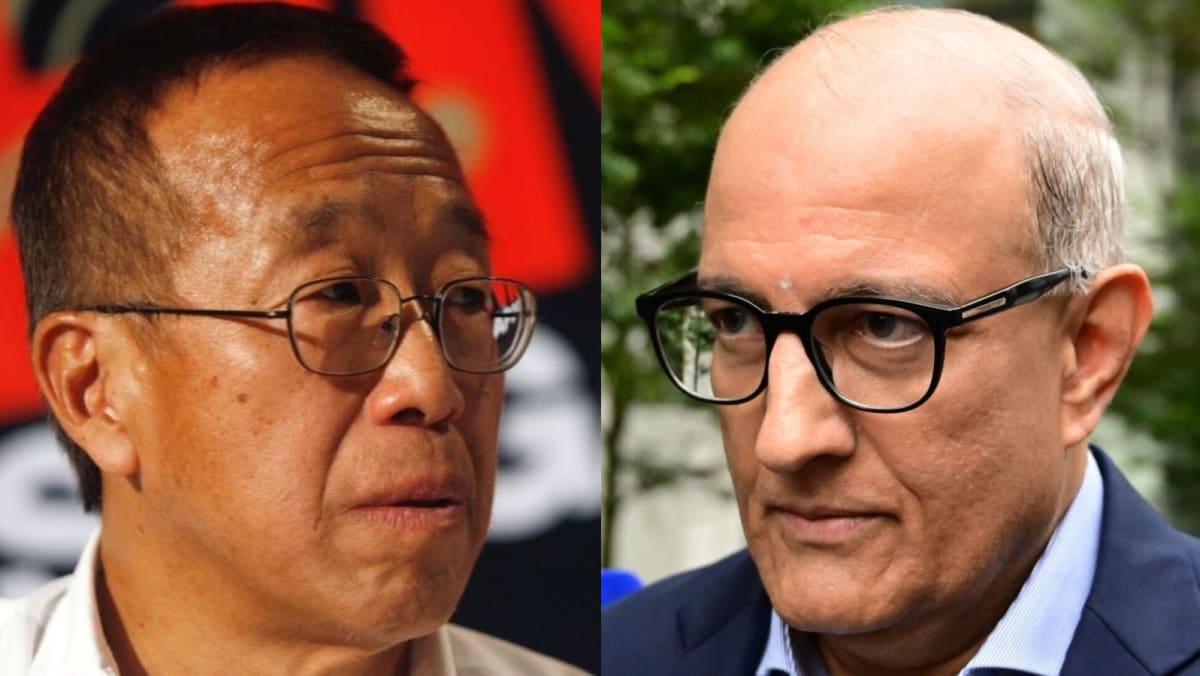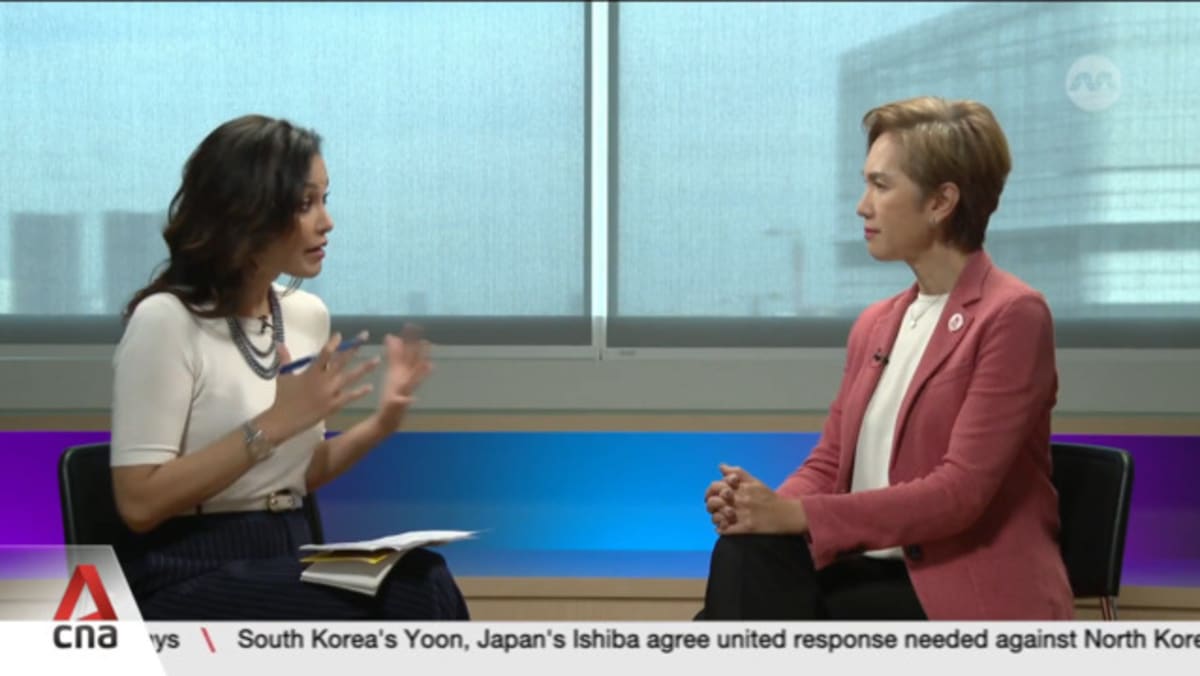“The judge is meant to apply the law and mete out the sentence based on the charges and the facts of the case,” he said.
“He is not bound by what parties submit. He is entitled to take the view that in any one case, the upper limit submitted by the prosecution is too low, or the lower limit submitted by the defence is too high.”
Mr Chooi, who recently left Mr Eugene Thuraisingam’s law firm to set up his own eponymous firm, said the prosecution has discretion only in terms of what charges are preferred.
Once this discretion is exercised and the accused is convicted, the judge is meant to be assisted by the prosecution and defence in the sentencing exercise, but is not bound to accept those arguments, said Mr Chooi.
Veteran lawyer Andy Yeo, who runs his own practice Andy Yeo Chambers, said he was surprised not by the severity of the sentence, but by how much more Justice Hoong had imposed compared with what was sought by both sides.
However, Mr Yeo – a former judicial officer and deputy public prosecutor – felt that the judge’s decision was justified.
“I believe that Justice Hoong is justified in what he sees as a case to set down as a precedent for deterrence and clear signalling for any future instances,” said Mr Yeo, who specialises in corporate governance and white collar crime.
He added that it was not usual for a judge to impose a sentence higher than what parties had asked for, and that the court in this case was clearly indicating its serious view of the offence.
“Given that there was no precedent, I thought that this in turn afforded the court a good opportunity to lay down what will be a clear decision on what it perceives to be a most serious case in terms of culpability, (compared with) the amount of gifts involved, (and) how (the offence) had arisen,” said Mr Yeo.
Criminal defence lawyer Sunil Sudheesan from Quahe Woo & Palmer said such a move is “not seen often” and that the judge likely “wanted to lay down a marker for public servants”.
Mr Adrian Wee, managing partner at Lighthouse Law, said it is “settled law” that the court is not bound by the sentencing position taken by parties, and has the discretion to mete out sentences higher or lower than the ranges proposed.
“However, in practice this is not common,” said Mr Wee.
“Accused persons typically elect to take a certain course taking into account the prosecution’s sentencing position and their likely sentence,” he said. “An accused person who has less certainty over his likely sentence may be hesitant to plead guilty.”
Mr Wee said it was also significant that the court took into account public statements made in the course of the case.
Iswaran had released statements in the beginning rejecting the allegations as false and asserting his innocence.
While unusual for the court to consider such statements, it was relevant in this case to the issue of remorse and Iswaran’s assertion that he had intended to plead guilty from an early stage, said Mr Wee.














